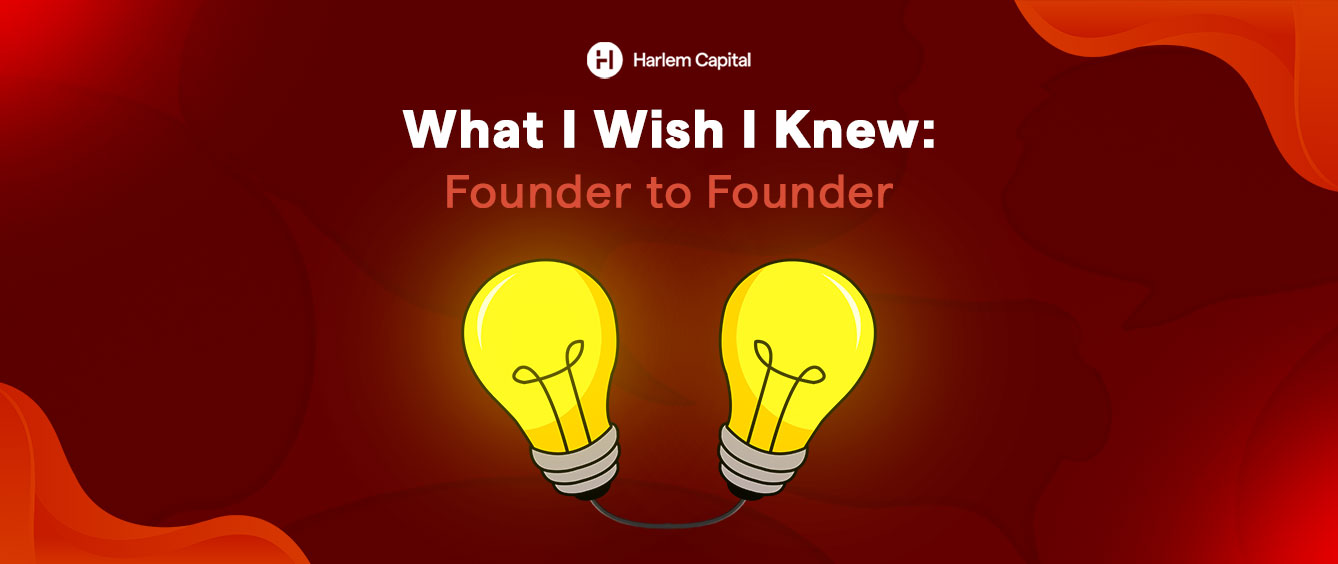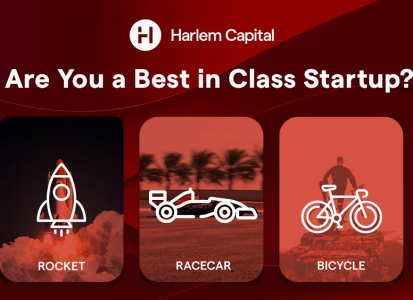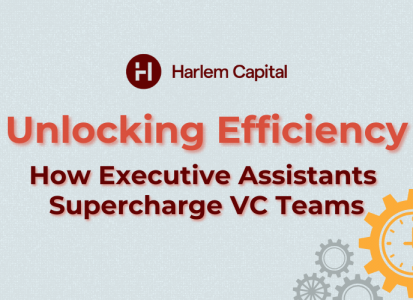What I Wish I Knew: Founder to Founder
by Harlem Capital

By Harlem Capital Principal Gabby Cazeau
Hindsight is always 20/20. And while there are some painful lessons that we all have to go through to learn, there are others that we can avoid by learning from people who’ve gone there before us. I meet a lot of tech operators bravely taking the jump to being first-time founders. While they know the startup world, being in the CEO/Founder seat is a bit different.
Building a company is a herculean effort, after all. There’s no one right way to build a company, but there are some tried and true lessons and frameworks that can make the first steps a little easier. We spoke with founders and got their insights on what they wish they had known when first starting their company. Here are four key lessons from founders to founders:
1) Your Network is Critical
2) References, References, References
3) Build your MVP with your Audience
4) Cultivate your Third Party Ecosystem
Build Your Network
The power of your network was the most shared topic that founders wished they knew when first starting their company. Founders mentioned that they didn’t realize how much their network drove everything from fundraising, hiring talent, and launching the sales process. A few great insights to apply as you launch your startup:
- Seek mentors who pressure test your assumptions and can be a good sounding board as you scale your business
- Build a community of other founders, especially those who have built in your category or had successful exits. They can help shine a light on specific challenges you’ll face
- Filter feedback. Your network will share a variety of perspectives but as CEO and founder, it’s still your role to decide what’s best for your company
It’s All About Talent
The first team members you hire define the product, business, and culture you build. It’s important to make sure you bring on the right people at the right time. Often, your first hires will be friends or former colleagues in your network. That’s a great place to start! But one founder shared this advice, “Don’t skip out on reference checks – even if you know the candidate personally”.
Strengthen Your Community
Building your minimum viable product (MVP) is the first step of the iterative product-building process. Founders shared that they wish they knew about low-code and no-code tools to test ideas quickly and cheaply! Tools like Bubble and Zapier can help you hack your way to a functional prototype that showcases your idea. Once it’s built, the next phase is sharing your work. Building with your audience is one of the best ways to get feedback, validation about the idea, and understanding if you’re solving a top problem. It can be a long journey, so your audience can also help champion your early work and keep you going!
Powerful Third Parties
One of the unexpected shifts for operators turned founders is the amount of time spent with lawyers, accountants, and on other back office tasks. It’s not customer or product-facing, but is mission-critical to making sure you can run your business. Looking back, founders wish they had set up working with the right third parties earlier in the process. Getting a strong legal team and accountant is an investment but can save tons of time, stress, and money in the long term.
If you’re an operator building or thinking about starting a company, the Harlem Capital team would love to chat with you. We’ve backed experienced operators turned founders building in fintech, e-commerce, and software. We love being conviction-driven, first-check investors into early companies and working with founders to solve important problems for businesses and consumers. Feel free to reach out at: info@harlem.capital.
Stay up to date on all things Harlem Capital by subscribing to our monthly newsletter: Road to 1,000.


